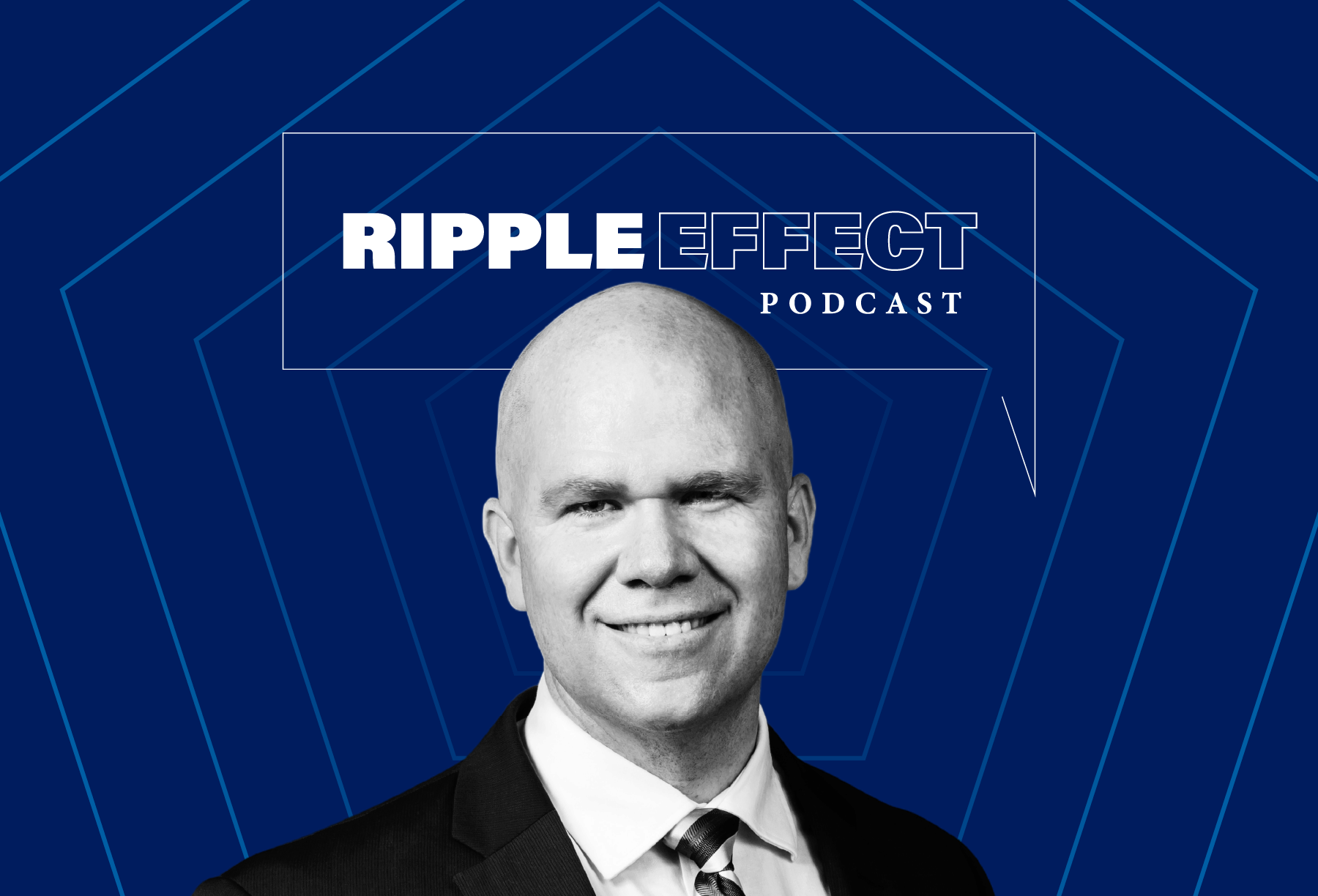The landscape of climate finance in the United States remains in flux, with recent developments underlining the complexities of federal funding and the need for a more inclusive approach to sustainable finance. Climate finance is not solely the domain of bankers and politicians; it is a collective responsibility, as articulated by Trenton Allen, CEO and founder of Sustainable Capital Advisors. In a recent video series, Allen emphasizes the importance of agency and the power individuals and communities hold in shaping the trajectory of climate finance.
The climate finance package passed under the Joe Biden administration aimed to inject significant resources into renewable energy and sustainability projects. However, the transition in U.S. leadership brought about uncertainty. Former President Donald Trump sought to freeze these funds, a move that led to a protracted legal battle. U.S. District Judge Mary McElroy recently ruled against the freeze, ordering the release of funds to institutions and communities. Yet, a federal appellate court swiftly issued a temporary stay, halting the process once more.
Despite these challenges, Allen remains optimistic about the future of climate finance. He argues that the historic nature of the over $20 billion allocated under the Inflation Reduction Act and bipartisan infrastructure law cannot be understated. “You can’t call it once-in-a-generation and then think you’re going to get it next year,” Allen points out. This sentiment underscores the need for a broader strategy that doesn’t rely solely on federal funding but incorporates diverse financial avenues.
The evolving landscape demands that financial professionals and communities look beyond traditional funding sources. Allen highlights the importance of tapping into private capital markets, philanthropy, and municipal bonds. “In some respects, what’s old is new again,” he says, drawing on historical precedents where private markets played a crucial role in financing energy projects.
Communities and project developers are adapting by seeking alternative funding to move forward with planned initiatives. Allen is encouraged by the proactive approach communities are taking, emphasizing their commitment to improving lives, reducing energy burdens, and enhancing health outcomes. The focus remains on leveraging available tools and resources to drive progress in climate resilience and sustainability.
Allen’s call to action extends beyond financial professionals. He believes that climate finance is everyone’s business and that individuals, regardless of their background, have a role to play. To empower people, Sustainable Capital Advisors launched AskSustainable.com, a resource aimed at educating individuals about sustainable finance and guiding them towards climate-friendly financial products.
“When we first created AskSustainable, it was in a different environment, but the idea that ‘there’s change in our pockets’ remains relevant,” Allen states. He encourages individuals to recognize their ability to contribute to sustainable projects through their networks and communities. By pooling resources and collaborating, communities can continue to address energy challenges, pollution reduction, and climate resilience, particularly benefiting underserved communities.
Allen’s message is clear: the power to shape climate finance lies within reach, and by working together, significant progress can be made. To explore more about reshaping the climate finance narrative and how individuals can get involved, the full interview is available for viewing.
Note: This article is inspired by content from https://www.triplepundit.com/story/2025/federal-climate-finance-gaps/820741. It has been rephrased for originality. Images are credited to the original source.







